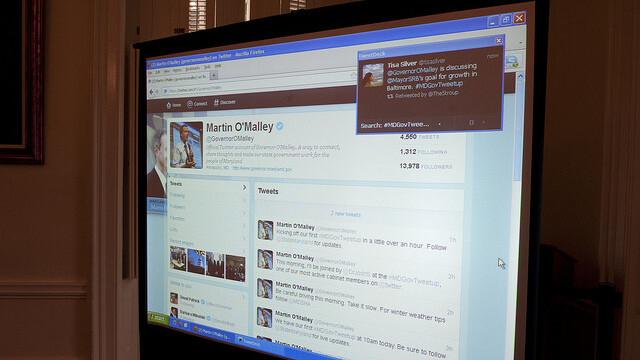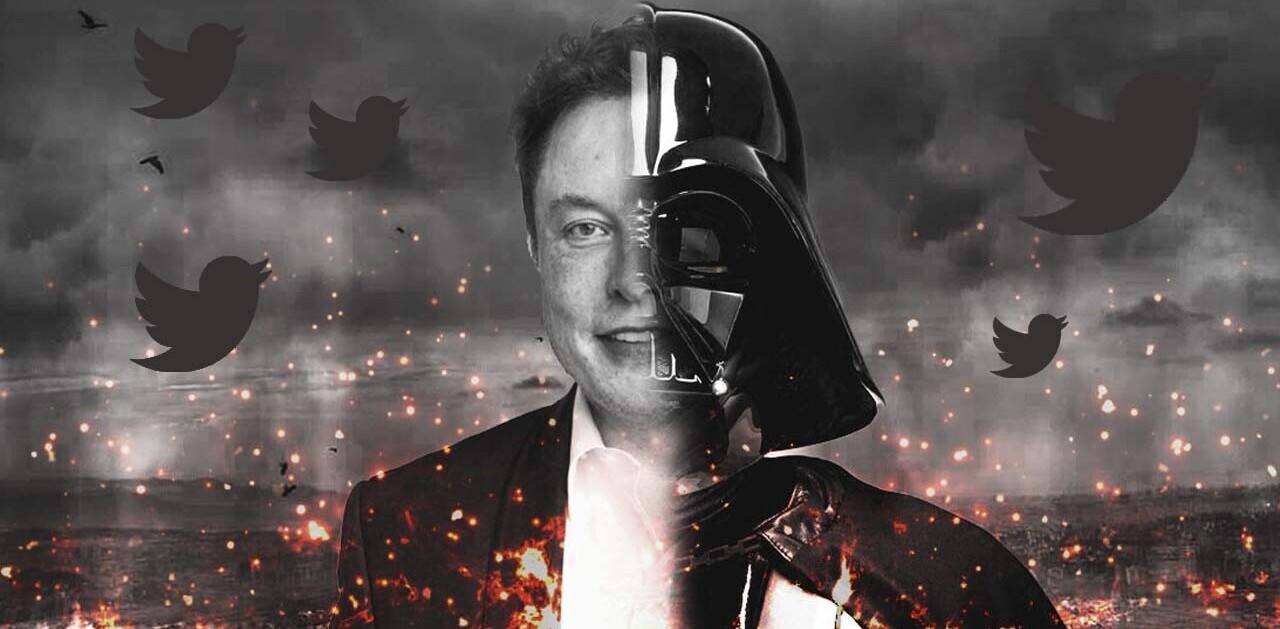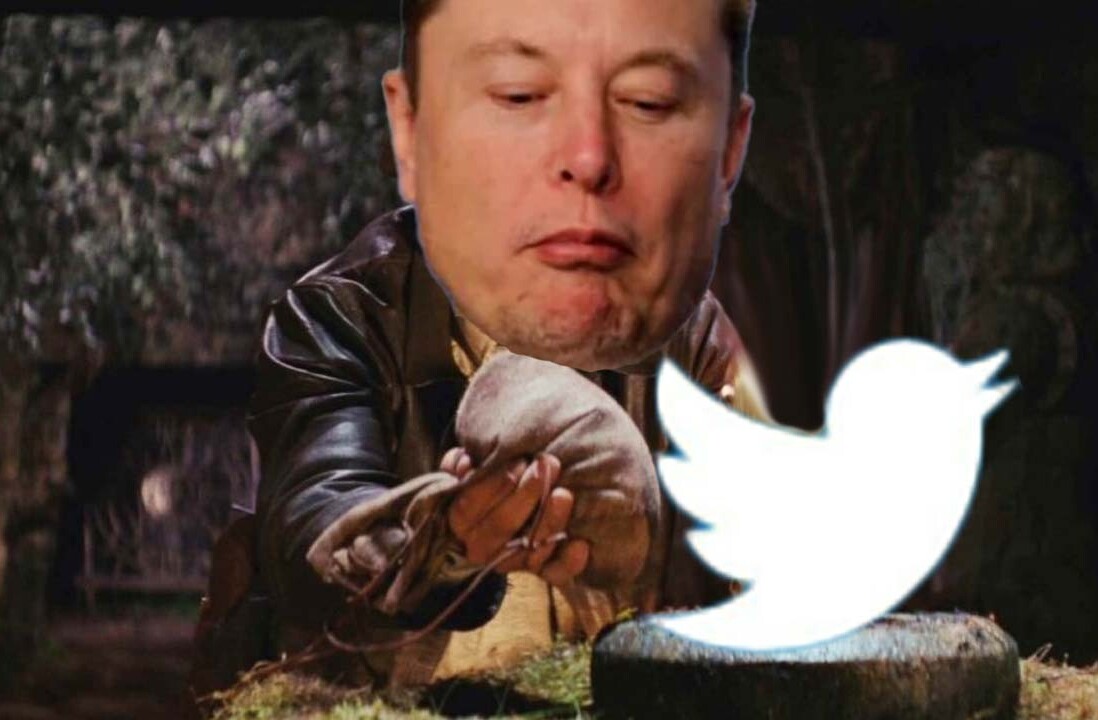
Yesterday, Twitter announced that it would be censoring tweets moving forward, based on laws where the tweet originated from.
Along with the hashtag streams of #TwitterCensored and #TwitterBlackout, which are comprised of tweets outside of the United States sharing displeasure for the recent announcement from Twitter.
Among those displeased is the non-profit organization Reporters Without Borders, which explains its mission like this:
In the United States, Reporters Without Borders is a 501c3 organization carrying out the mission to protect and defend journalists working both internationally and in the United States. With an office in Washington, DC the US team works with the US media, political leaders, non-government groups and the American public to further press freedom.
The organization has written an open letter to Twitter co-founder Jack Dorsey, asking him to re-consider the move, calling it “too vague”. Here are a few key excerpts from the letter:
Reporters Without Borders, an organization that defends freedom of information worldwide, would like to share with you its deep concern about yesterday’s announcement on the official Twitter blog of a new policy under which tweets may be censored in some countries, according to each country’s different criteria.
We urge you to reverse this decision, which restricts freedom of expression and runs counter to the movements opposed to censorship that have been linked to the Arab Spring, in which Twitter served as a sounding board. By finally choosing to align itself with the censors, Twitter is depriving cyberdissidents in repressive countries of a crucial tool for information and organization.
We are very disturbed by this decision, which is nothing other than local level censorship carried out in cooperation with local authorities and in accordance with local legislation, which often violates international free speech standards. Twitter’s position that freedom of expression is interpreted differently from country to country is inacceptable. This fundamental principle is enshrined in the Universal Declaration of Human Rights.
Questioning how this new approach will be carried out, the organization gives an example that would not be good for Twitter users:
The way this is defined is too vague and leaves the door open to all kinds of abuse. Are you going to act in response to a court decision? Or, as is the case in China, will just a phone call from a government official or a local police station suffice to justify denying access to content? Are you going to limit yourselves to censoring tweets after they have been posted or, if faced with a flood of official requests, will you establish a system of prior censorship based on subjects or keyword defined by censors?
Seeking more clarity on the policy, Reporters Without Borders suggests that the social network, which has been key during international protests, could mute them entirely:
Does your new policy mean that references on Twitter to Arab revolutions and demonstrations in Manama will no longer be accessible in Bahrain? Will Vietnamese using your social network from their country no longer be able to tweet about bauxite mining’s harmful impact on the environment? Are you going to block tweets about the demands of Turkey’s Kurdish minority? Will Russian Internet users see their criticisms of the government censored?
The letter, which you can read in its entirety here, asks many important questions that Twitter should most certainly answer in a future blog post about the matter. We offered suggestions on how to get around these new potential restrictions, but the Reporters Without Borders letter does bring some interesting suggestions on why Twitter decided to move forward with this decision. For example, could Twitter be deciding to participate in forms of censorship just to make its way back to China, where it has been blocked along with Facebook?
Unfortunately, the announcement from Twitter was indeed vague, as Reporters Without Borders points out, so that leads all of us to try and make sense of it on our own. And that’s never a good thing.
Get the TNW newsletter
Get the most important tech news in your inbox each week.





